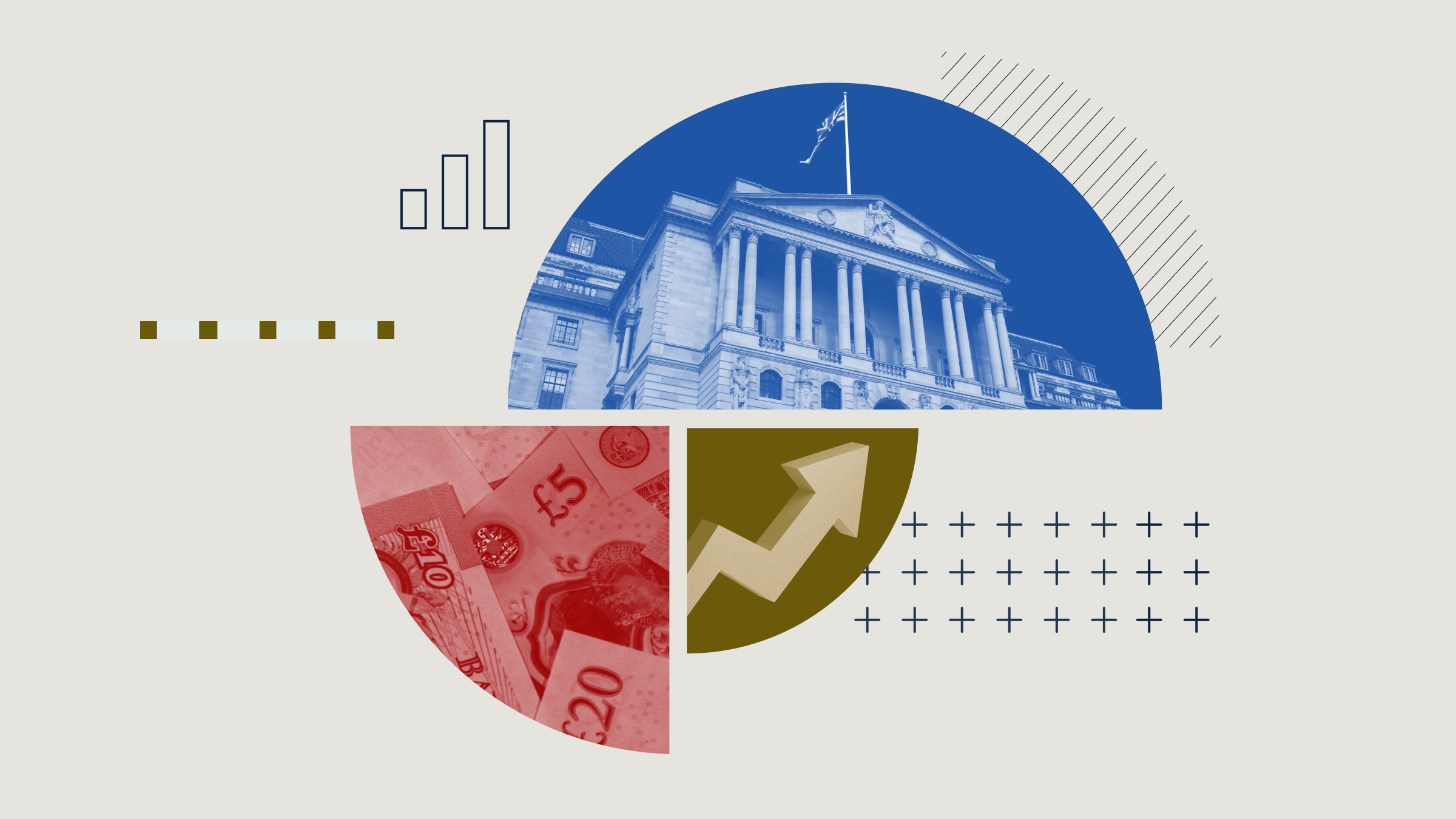Emma Wall: Hello and welcome to the Morningstar series, Why Should I Invest with You. I'm Emma Wall and here with me today is Manager of the Hermes Global Equity Fund, Lewis Grant. Hello Lewis.
Lewis Grant: Hi there.
Wall: So you run a quantitative equity portfolio don't you? I think people are quite confused as to how that sort of works, that screening process. So perhaps you could talk us through how you stock select.
Grant: Sure. I think the first thing you need to do is define what you mean by quantitative, because people like to partition the investment world into quant versus non-quant or qualitative, and I don't think it's quite as black and white as that. I think all investors even if they don't call themselves quant, they use quantitative tools, be it using the screen, the screen is a quantitative tools or perhaps using a risk model to explain the exposure, explain their portfolios to the clients. So I don't think there really exists a purely qualitative investment manager anymore.
However, there are different degrees of how quant you are and we definitely rely on quantitative tools. We rely on models in a systematic approach choosing stock. So yeah, I think it would be fair to call us quantitative. What that means for us is, we use a disciplined approach when selecting stocks. So we use a series of model that assess the entire investment universe every day and they look at every stock and say how attractive is this stock using the data, using the fundamentals of the stock.
So what we're doing is the same as the fundamental investment guys, it's the same as the guys that would call themselves non-quant or qualitative. However, we're doing in a fully automated way, and we often call our models an automated analyst. We are trying to replicate what they do, but without the behavioral biases.
Wall: I think most people would be familiar with screening such as value screenings or even income screening, saying I'm only going to invest in something that pays a dividend of more than X, Y, Z, and I think most people would agree that works very efficiently in developed markets. However, I think maybe where questions come into play is with developing markets, because the macro there is just little bit more unknown. How do you sort of get around that?
Grant: Well, I think the first thing to say within our fund, we don't take macroeconomic bets. We're not here to take macroeconomic exposures and we do invest in different funds, both in developed and emerging markets. The models are actually very effective in emerging markets. You can look at companies and we don't just assess value, we assess value, we assess sentiment, growth characteristics, quality characteristics, they're very important in emerging markets to make sure you're buying high quality, well governed stocks.
So I would say in emerging markets, it's actually just as effective, the challenge in emerging markets to a quantitative approach is more implementation. It's can you actually get the value that's in the model because the trading cost is so much higher and liquidity so much lower.
Wall: How does the stats back up then, both – across the whole region?
Grant: Well, actually fantastically. We've had a very successful track record. We aim for consistency rather than just adding 10% one month and giving 8% back the next month, that's not what we're about. We've actually outperformed in 18 out of 22 quarters since inception. So what we're able to offer is that little bit of value every quarter that then adds up to real return over the long run.
Wall: Do you think that's as much about missing out on the losses then as it is about making those gains?
Grant: I think a big part of it is exactly that. And actually I think it hits on a really important part there. Although, we use a quantitative model to help select the stocks, we're willing to put our own judgment in there to overrule the model when we think it's going to expose us to one of those losses. So we're willing to step in and say, actually the model is wrong there and take that out, and that part of the process adds perhaps not as much value as the stock selection, but a significant part of the value.
Wall: Making you an active fund manager?
Grant: Exactly, right. Yes.
Wall: Lewis, thank you very much.
Grant: Thank you.
Wall: This is Emma Wall for Morningstar. Thank you for watching.





























